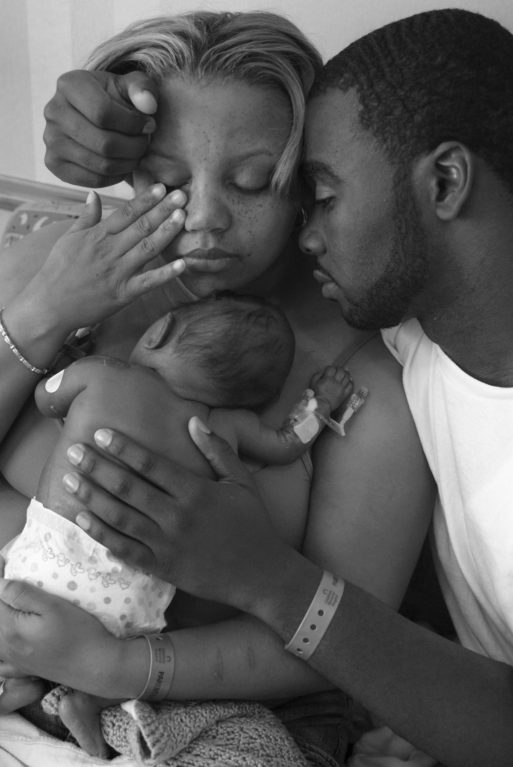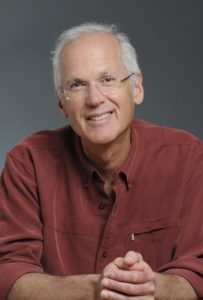This week SevenPonds speaks with Chicago-based documentary photographer Todd Hochberg, the owner of Touching Souls Bereavement Photography. Among other things, Todd takes photographs of babies who are dying or have died so that their families will have a way to remember them. When babies are born dead or die a few hours after birth, parents often don’t have any concrete way to remember their child. The pictures Todd takes are instrumental in helping families through their bereavement.
Debra Stang: Todd, thank you so much for taking the time to talk to me. I’ve looked at your website, and I’m very impressed and moved by your work. I guess I’d like to start off by asking how you got interested in taking photographs of babies who are dying or have died.
Todd Hochberg: It was a somewhat circuitous path. I had already been a photographer for some time. One day I came across some Victorian pictures featuring people who had died. Many of them were photographs of dead infants and children. I began to collect such photographs. Over time it occurred to me that if people had benefited from those pictures then, they might do so now.
Then I met a hospice chaplain. I shadowed her through several cases and got permission from some of the families to take photographs of their babies who had died. I’ve been doing this since 1997, and it is my goal to bring a sense of humanity to every photograph I take. It’s what lead me to my work.
Debra: How do you approach families about your services?
Todd: I’ve spoken with and given my brochures to local hospices and neonatal intensive care units in hospitals. It is all about my relationship with the caregivers who are at the bedside of the families. If the staff believes that the family appears to be open to having pictures of their infant, then the provider calls me. I let them know if I am available and then they approach the parents. When I arrive, I introduce myself to the family, tell them a little about what I do and ask their permission to take pictures. Depending on the situation, my work may take place before, during and after death.
Debra: How much do you charge for your services?
Todd: I never bill the family for the work I do, although some families do send me donations. Some of the hospitals are able to pay me a stipend and some are not. In that case, I donate my work.

Dawanna Parks and Christopher Vaval hold their baby, Christopher Jr., who died two months after his premature birth in the NICU.
©ToddHochberg
Debra: What do you find rewarding about your work?
Todd: Taking these photographs involves every aspect of my being. The camera becomes an extension of myself so that I can connect with families and give them something tangible and meaningful. I always follow up with families. Their feedback is very gratifying. Often, the family member who was the most unsure about using my services gets the greatest benefit from seeing the pictures. Its not about me, its what I provide that is most important to my passion of taking these photographs.
Debra: Do you feel that your work has any negative aspects for you?
Todd: Not really. I am on call 24/7, and I never know when I’ll get a call. I have to drop what I’m doing and run, but I don’t consider that problematic. On the contrary, I find my work very fulfilling.
Tune in next week part two of our talk with Todd about how photographs for grieving families who have lost a baby can benefit.

 How Can Photographs of Babies Who are Dying or Have Died Help Families Heal?
How Can Photographs of Babies Who are Dying or Have Died Help Families Heal?



 Terminal Sedation at the End of Life
Terminal Sedation at the End of Life
 National Donate Life Month Reminds Us To Give
National Donate Life Month Reminds Us To Give
 How Dare You Die Now!
How Dare You Die Now!














